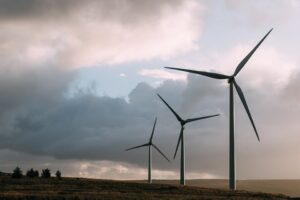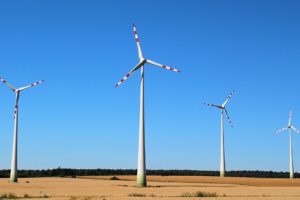Massachusetts joins an elite club of states in pushing for net zero emission by 2050. The state is poised to pass clean energy and climate legislation in the coming months as part of an effort to combat greenhouse emissions.
Net-Zero Strategy
The net-zero strategy calls for increased use of renewable energy sources. While the focus has been on solar and wind energy, Massachusetts is pushing to incorporate other renewable energy sources. Lawmakers expect natural gas and other non-fossil fuels to meet Massachusetts’s energy needs while preserving the environment.
While the state House and Senate are yet to agree on the final language of the clean energy bill both, have passed bills baking the net-zero emission push. A special committee has been set up to negotiate the final shape of the legislation that could include a 40% renewable power mandate in the state.
The bill could also push for the phase-out of all gas-powered busses in the Boston area with an expanded carve of offshore wind. Lawmakers will also have to agree on whether to institute 5 to 10 years interim targets for greenhouse reductions.
Under the leadership of Baker, Massachusetts has already unveiled a new program that will promote the use of clean energy promotion and storage during peak times. The Clean Peak Energy Standard program strives to reduce greenhouse gas emission as fewer fossil fuel plants will be used to generate power during peak periods.
Net Zero energy Bill Resentment
However, the net-zero energy bills have also continued to receive backlash from some groups. The Massachusetts Fiscal Alliance has, for instance, called out the language of the bill, which they fear could lead to carbon tariffs. With the state grappling with the highest unemployment rate in the U.S, there are fears that imposing diesel and gasoline tax could hurt the local economy even further.
Environment Massachusetts has also distanced itself from the net-zero bill. The group, on its part, is pushing for emission reductions and allowing regulation of technologies fuelling emissions rather than banning them altogether.










